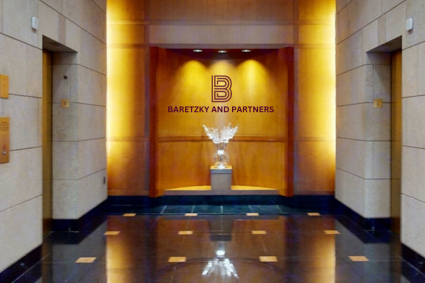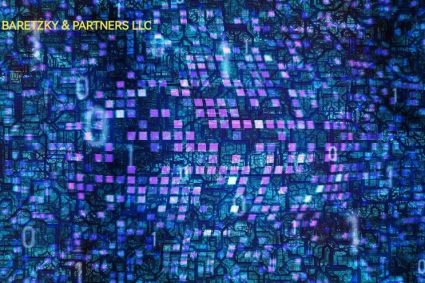As social media platforms proliferate and become integral to personal and professional lives, they also present lucrative targets for cybercriminals. These hackers exploit vulnerabilities to gain unauthorized access to user accounts, leading to a range of fraudulent activities.
One of the primary motivations behind social media hacking is financial gain. Cybercriminals often use hacked accounts to engage in identity theft, phishing schemes, and the distribution of malware. By compromising a social media account, hackers can impersonate the victim, sending messages to their contacts to solicit money, personal information, or even trick them into clicking malicious links. These deceptive tactics can lead to substantial financial losses for individuals and businesses alike.
Another significant threat is the use of hacked social media accounts to disseminate misinformation and fake news. This can have far-reaching consequences, from influencing public opinion and manipulating elections to damaging reputations and causing societal unrest. By hijacking verified accounts with large followings, cybercriminals can amplify their reach and impact, spreading false narratives more effectively.
The increasing sophistication of cybercriminals exacerbates the threat. Techniques such as phishing, social engineering, and exploiting weak passwords or outdated security protocols are commonly employed to breach accounts. Moreover, the use of automated bots to launch large-scale attacks makes it easier for hackers to target numerous accounts simultaneously. Once inside, they can exploit the interconnected nature of social media to spread their malicious activities across platforms, further complicating detection and mitigation efforts.
Businesses are particularly vulnerable to social media hacking due to their reliance on these platforms for marketing, customer engagement, and brand management. A successful hack can lead to severe reputational damage, loss of customer trust, and financial repercussions. Furthermore, compromised accounts can be used to launch attacks on the business’s internal systems, posing an even greater security risk.
To counter these threats, robust cybersecurity measures are essential. This includes implementing strong, unique passwords, enabling two-factor authentication, and educating users about the dangers of phishing and social engineering attacks. Regular security audits and prompt software updates can also help mitigate vulnerabilities. Additionally, social media platforms must invest in advanced security features and rapid response mechanisms to detect and address breaches swiftly.
The threat of social media hacking in cyber fraud is a growing concern with significant implications for individuals, businesses, and society as a whole. As cybercriminals continue to evolve their tactics, it is crucial for users and platforms alike to stay vigilant and adopt comprehensive security measures to protect against these malicious activities.




















